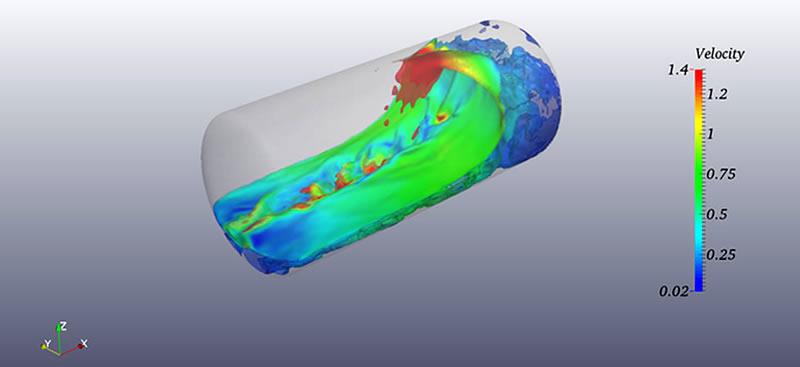
Course Overview
This intensive 5-day course focuses on dynamic simulation techniques applied to oil and gas processing facilities. Participants will engage in case studies and exercises using a dynamic simulator replicating a Distributed Control System (DCS) environment.
Through hands-on activities, participants will gain a deeper understanding of process dynamics, including analysis of wellhead pressure/temperature variations, choke valve tuning, hydrate detection and inhibition, crude oil processing, gas dehydration, and multistage gas compression and export.

Participants
Process engineers
Control systems engineers
Operations personnel
Production engineers
Prerequisites
Basic understanding of oil and gas processing operations
Familiarity with Distributed Control Systems (DCS) concepts is advantageous but not required
Learning Assessment
Continuous assessments all-along the program.
Final assessment including a presentation in front of a jury
Program
Day 1: Introduction to Dynamic Simulation and DCS Environment
Overview of dynamic simulation in oil and gas processing
Introduction to DCS environment and simulator interface
Basic principles of process dynamics and control
Day 2: Analysis of Wellhead Pressure/Temperature Variations and Choke Valve Tuning
Understanding wellhead pressure/temperature variations
Tuning of choke valves for optimal performance
Case studies and exercises in dynamic simulation
Day 3 & 4: Crude Oil Processing: Stabilization, Dehydration, and Desalting
Study of operating parameters on oil stabilization
Impact of dehydration and desalting processes on crude oil quality
Simulation exercises in crude oil processing
Day 5: Hydrates Detection and Inhibition
Principles of hydrates formation and detection
Inhibition strategies for hydrates prevention
Case studies and exercises in hydrates detection and inhibition
